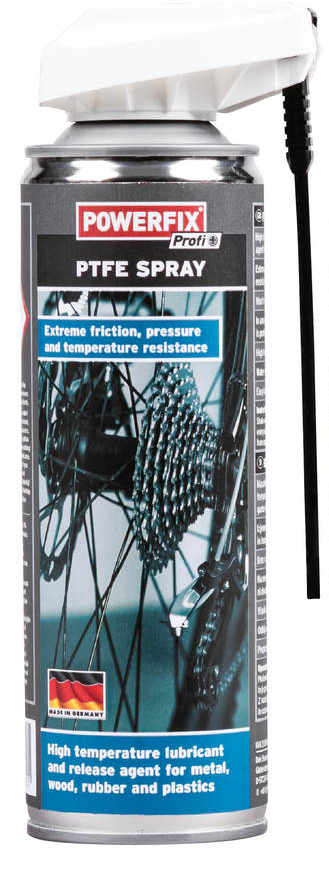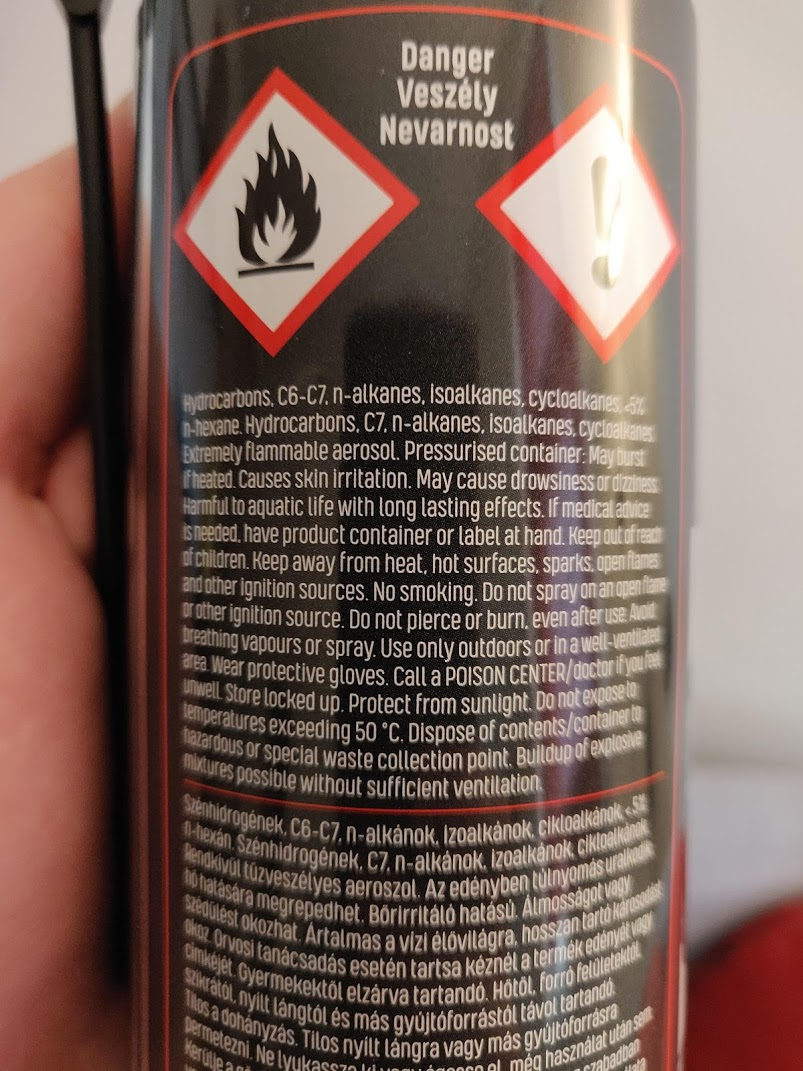kondi
Member
- Joined
- Mar 28, 2020
- Messages
- 18
- Reaction score
- 7
Do you think this would be safe/good as a lubricant to drill a stainless kettle? I got it from lidl.
Or shall I just use classic WD40?
After I am done, what is the best way to clean? Hot oxyclean, then passivating with hot citric acid solution?



Or shall I just use classic WD40?
After I am done, what is the best way to clean? Hot oxyclean, then passivating with hot citric acid solution?





